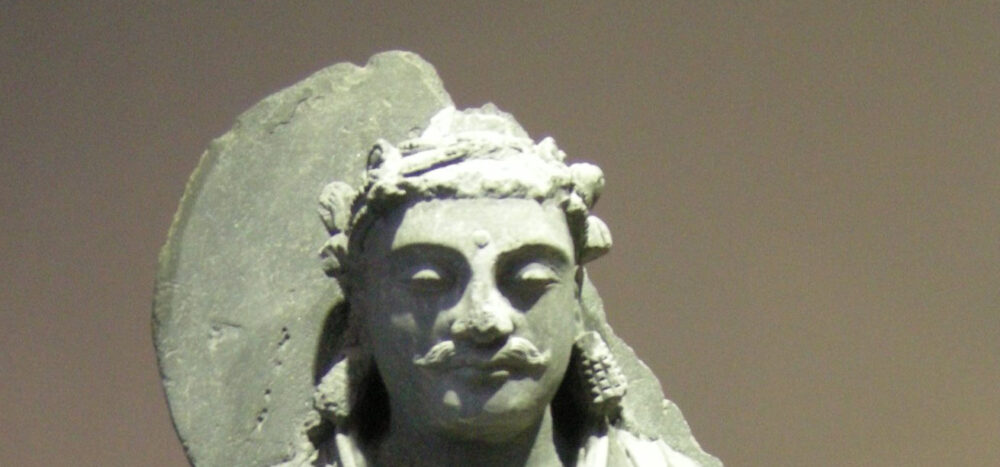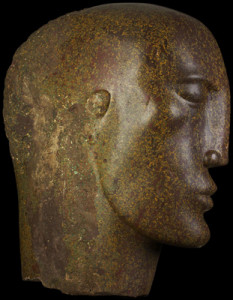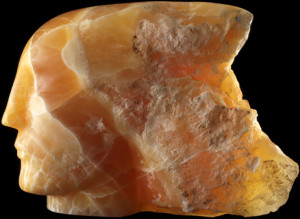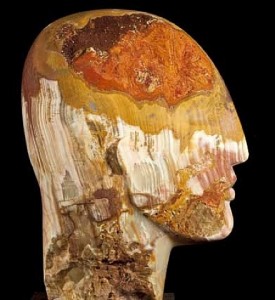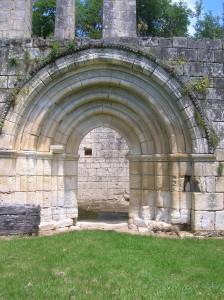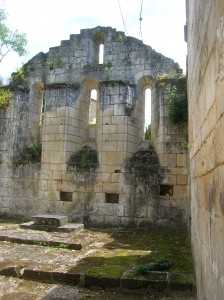A five star hotel
where Skull Stack Street
meets Charnel Square

(All prose sections in the following are quoted from a catalogue entitled The Interpretive Words for the Memorial Hall of the Victims in Nanjing Massacre by Japanese Invaders, written by Zhu Chengshan for the Memorial Hall Museum, Shuiximen Street, Nanjing, China)
After taking Nanjing on December 13, 1937, the Japanese troops, in flagrant disregard of international conventions, slaughtered over 300,000 disarmed Chinese soldiers and unarmed civilians during six weeks. Over 20,000 rapes and gang rapes occurred in the city. Most of the major massacres took place by the Yangtze, and over 100,000 corpses were thrown into the river.
The green man walks
and a thousand people hurry
at the mass grave
The command of the 6th Division received an order that says, “Kill all Chinese, regardless of sex and age, and burn all houses.” For details about the sites of massacres, visitors can press the button with the corresponding number.
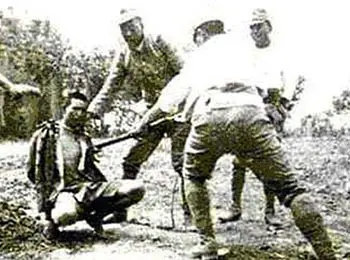
Plum blossoms
thanks be thanks be
my life so easy
Xia Shuqin: Her grandfather, grandmother, father, mother, two elder sisters and a younger sister were killed by Japanese soldiers. Her mother and two elder sisters were gang raped. Xia Shuqin was seven. She and her four year old sister were the only survivors. They lived for fourteen days beside the corpses on rice crusts left by their mother and cold water in the vat, until they were discovered by a neighbour.
Childhood memory -
numbers tattooed on his wrist
the smiley old gent
The statue complex is called Catastrophe of the Ancient City. This stereoscopic granite sculpture is four meters in height, entitled “Call of the Mother.”
Harassed by sculpture
I turn to the long long lines
of names, names
These are photos of Japanese soldiers raping women which were found on Japanese captives.
Prayer for the dead -
smoke belches from incense fardels
in dense mist
This is Mr. John Rabe, manager of the Nanjing branch of Siemens. He saved and aided over 200,000 Nanjing citizens. He repeatedly protested to the Japanese embassy over Japanese troops’ atrocities and recorded them in his diary. The National Government of China awarded him a medal in red, blue and white.
Faintly through mist
human voices
a colossal Pusa
This is Ms. Vautrin, an American missionary, who was teaching at Ginling College of Humanities and Science. She set up a refugee camp in the college, protecting over 9,000 women and children.* She was likened by John Rabe to a hen guarding her chicks. She got serious melancholia from too much tension, which failed to be cured after she returned to America, where she gassed herself at home.
Temple of the Lord of Hell:
in a fantastical cauldron
naked people boiling
“Mass Grave of 10,000 Corpses”: From here, people can see the cross section of the layers of the victims’ remains. Part of the remains is incomplete and buried abnormally in chaos.
Badly focused
my photographic view
and ill composed
Remains No.5 is the skeleton of a 6 year old, with his skull on his chest, mandible and ribs around. It is attested that its head and neck had been apart before death.
My father a conchie
my mother a pacifist
evil-blind, perhaps
Remains No.8 is the skeleton of an old woman, with upper and lower mandibles apart. It is inferred that she had been choked in her oral cavity before burial… Remains No.114 is the skeleton of a young female, with a horizontal penetration of a nail in her skull.
Jumble of bones
the guard clockwatching
an evening of skulls
Japan-China Friendship Association has organised some Japanese to Nanjing for planting trees every spring since 1986. They call this activity as “the green atonement.”
So green the leaves
a light breeze ripples
my heart
